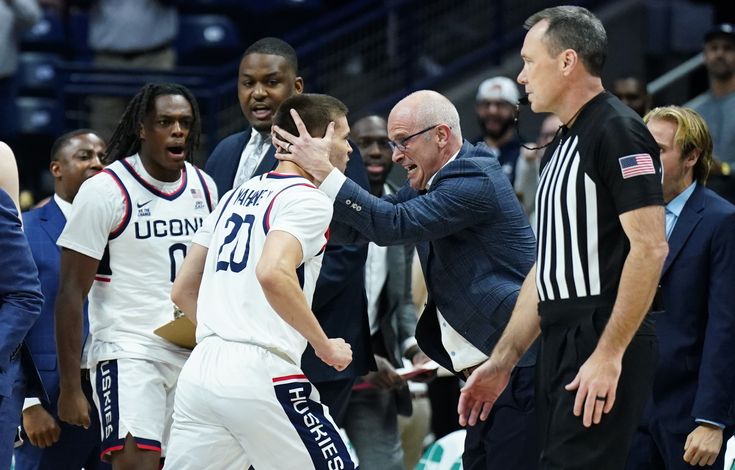Parents often become concerned when a coach yells during practices or competitions.
Also, when asked why they want to quit a sport, many children say, “The coach is always yelling.”
Indeed, a large number of coaches do tend to raise their voices. While some children are not bothered by this at all, others are very sensitive.
So, how can you protect your child and help them in such situations?
The first step
First, talk to your child — don’t just assume how they feel or how they perceive the coach’s tone of voice.
Many children rationalize the coach’s yelling and see it as completely harmless or even motivating. Ask your child what the coach is yelling about, in which situations, and how often it happens.
Always keep in mind that a child’s perception of the coach’s yelling can change over time, so communicate regularly with your child and monitor if their attitude toward the coach and the sport is shifting.
Be sure to consider the “type” and “manner” of the yelling.
If it happens constantly and often involves insults or humiliation, there is NO JUSTIFICATION. Coaches are much more to children than just people who lead their training sessions, and with that comes a great responsibility. It is extremely important what and how they communicate with the children.
If a coach yells frequently, aggressively, and abusively, consider removing your child from such an environment. There is no excuse for a child to constantly feel bad or targeted, or for the coach’s yelling to cause them a “knot in their stomach.”

Separate what is said from how it is said.
To protect your child, explain that the coach is also just a human being who is sometimes overwhelmed by emotions.
Emphasize to your child that they are not personally responsible for the coach’s reactions.
Also, help your child separate the content of the message from the way it is delivered. Sometimes coaches say very useful and important things in the wrong manner.
Ask your child what they think about what the coach said. Check if they understand the message and its content or if they are focused only on how the message was conveyed.
If your child is more sensitive to criticism, they might take everything said very personally.
Help them separate their current performance from their identity. Even the best athletes have bad days, months, or even years.
Help your child understand that making a mistake doesn’t mean they are a bad athlete. Likewise, the fact that the coach yelled doesn’t necessarily mean they are a bad coach.
Not all yelling is necessarily harmful.
However, keep in mind that not all yelling is harmful.
If it happens occasionally, “in the heat of the moment,” and is focused on commenting on performance and effort or drawing attention to key things on the field—not directed personally at the child—yelling doesn’t have to be negative. Sometimes it can help athletes focus, snap out of it, or simply hear what is being said.
Children often tell us that the coach’s yelling actually motivates them and shows that the coach cares about their game and performance. Sometimes yelling is just part of a motivational style, and children perceive it that way.
In any case, you know the saying—“Assumption is the mother of all mistakes”—so don’t assume; instead, check and ask.

Dora Dragičević, mag.psych.






